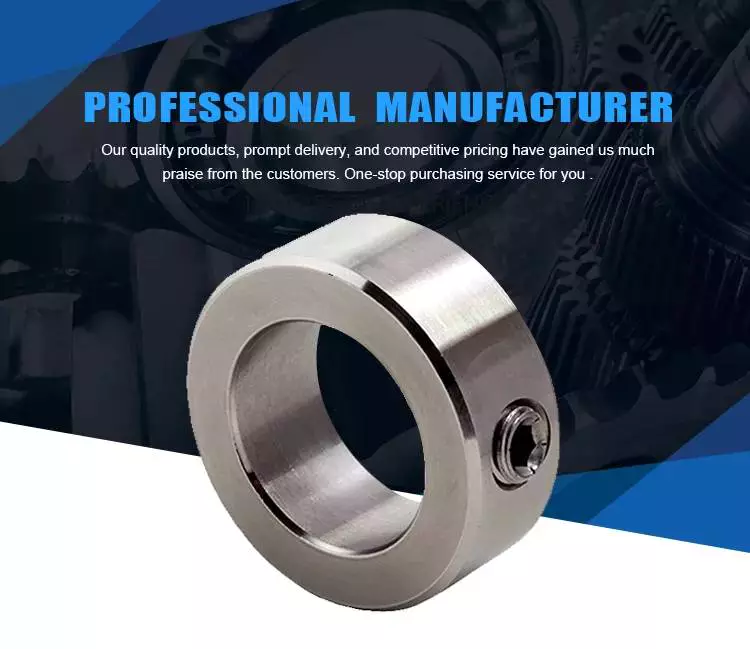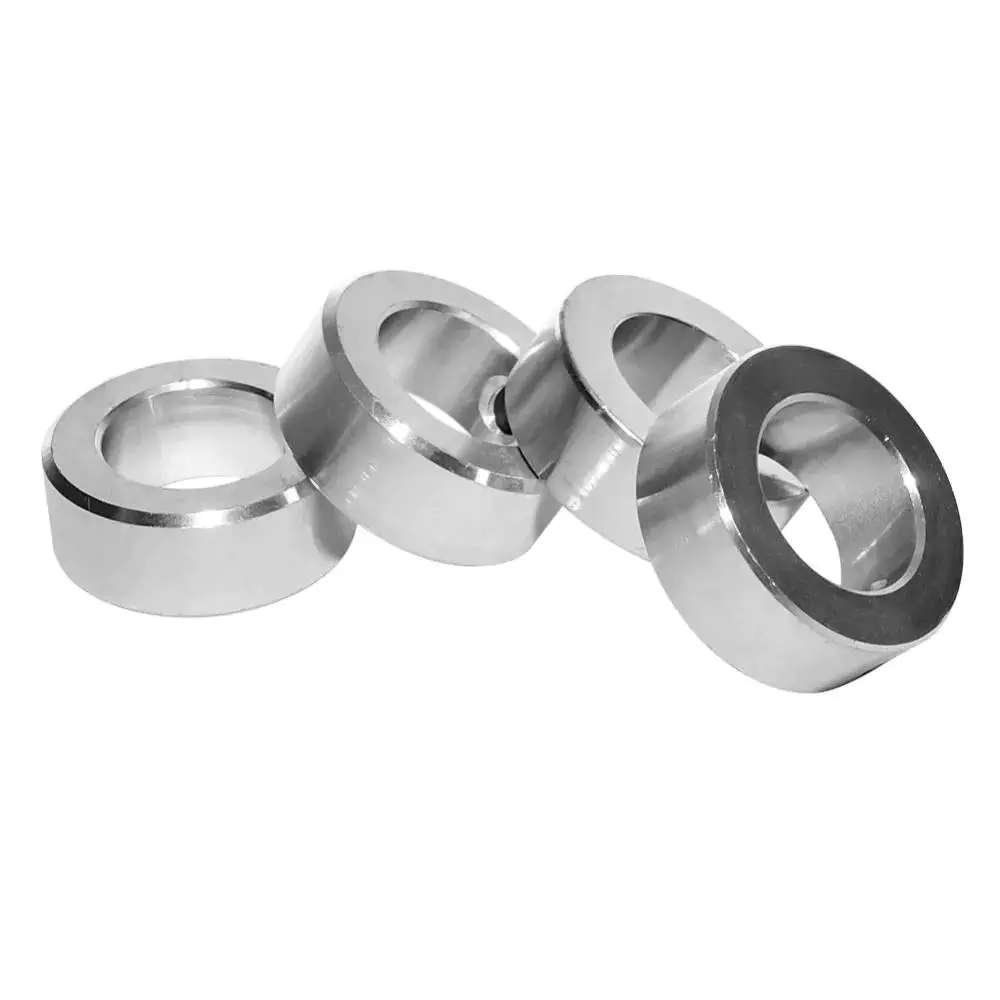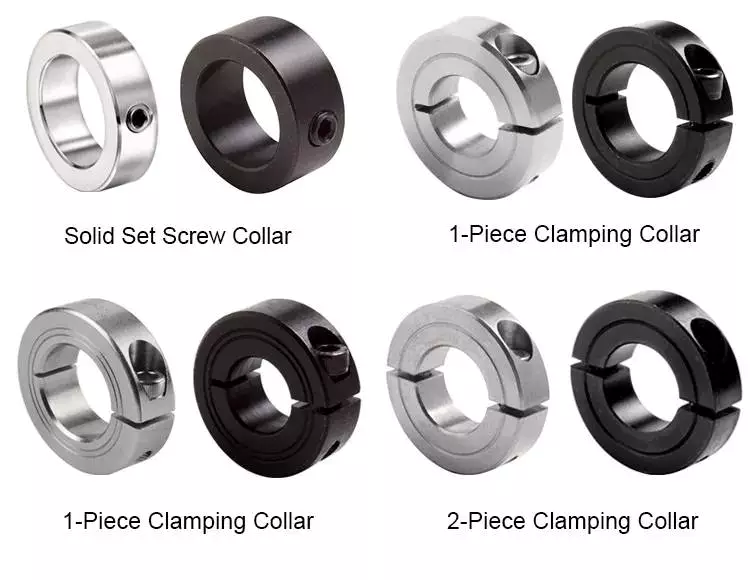Product Description
Product Destription
Customized machining 96% 99% 99.5% al2o3 ceramic parts
Alumina Ceramic:
Alumina ceramics are ceramic materials based on alumina (Al2O3) for thick film integrated circuits. Alumina ceramics have good conductivity, mechanical strength and high temperature resistance. It should be noted that ultrasonic cleaning is required. Alumina ceramics is a versatile ceramic. Because of its superior performance, it has been widely used in modern society, satisfying the needs of daily use and special performance.
Alumina ceramics are classified into 2 types: high purity type and normal type.
The high-purity alumina ceramics have a Al2O3 content of 99.9% or more. Since the sintering temperature is as high as 1650-1990 ° C and the transmission wavelength is 1 to 6 μm, the molten glass is generally used to replace the platinum crucible; Sexual and alkali-resistant metal corrosion is used as a sodium lamp; it can be used as an integrated circuit substrate and high-frequency insulation material in the electronics industry.
Ordinary alumina ceramics are classified into 99 porcelain, 95 porcelain, 90 porcelain, 85 porcelain, etc. according to the Al2O3 content. Sometimes the Al2O3 content is 80% or 75%, which is also classified as ordinary alumina ceramic series. Among them, 99 alumina ceramic materials are used to make high temperature crucibles, refractory CZPT tubes and special wear-resistant materials, such as ceramic bearings, ceramic seals and water valve sheets; 95 alumina ceramics are mainly used as corrosion-resistant and wear-resistant parts; In addition, due to the incorporation of part of talc, the electrical properties and mechanical strength are improved, and it can be sealed with metals such as molybdenum, niobium and tantalum, and some are used as electric vacuum device devices.
Alumina ceramic properties: High hardness, high strength, wear resistance, corrosion resistance, high temperacture (1600°), good thermal diffusivity, good insulativity, low cost etc.
Company Information
Factory Show
Our Products
Ceramic Properties
| Properties | Units | 96% Al2O3 |
99% Al2O3 |
Zirconia | Silicon Nitride |
Machinable Ceramic |
| Material Characteristics | ||||||
| Gas Permeability | 0 | 0 | 0 | 0 | 0 | |
| Water Absorption | % | 0% | 0% | 0% | 0% | 0.038% |
| Colour | White | Ivory | White | Grey | White | |
| Density | g/cm3 | 3.7 | 3.85 | 6 | 3.2 | 2.7 |
| Physical Characteristics | ||||||
| Hardness | Kg/mm2 | 1100 | 1400 | 1100 | 1600 | 1175 |
| Modulus of Elasticity | Gpa | 300 | 350 | 200 | 300 | 65 |
| Flexural Strength | Mpa | 300 | 340 | 1150 | 600 | 108 |
| Compressive Strength | Mpa | 2100 | 2200 | 2500 | 2500 | 488 |
| Fracture Toughness | Mpam1/2 | 3.5 | 4 | 12 | 6 | |
| Thermodynamic Property | ||||||
| Max Use Temperature | °C | 1500 | 1650 | 1500 | 1800 | 800 |
| Thermal Conductiviey | W/(m.k) | 25 | 27.5 | 2.5 | 20 | 1.68 |
| Thermal Expansion Coefficient | 10-6/°C | 7.5 | 8 | 10 | 3.2 | 8.6 |
| Thermal Shock Resistance | △T°C | 200 | 200 | 250 | 600 | 200 |
| Specific Heat | J/kg.K | 860 | 860 | 500 | 500 | |
| Electrical Specification | ||||||
| Dielectric Strength | KV/mm | 12 | 10 | 5 | 40 | |
| Dielectric Constant | εr | 9.5 | 9.1 | 12 | 6 | 7 |
| Volume Resistivity | Ω | ≥1014 | ≥1014 | ≥1571 | ≥1014 | ≥1016 |
| Dielectric Loss Angle | 0.0002 | 0.0002 | 0.001 | |||
Packing & Delivery
Why Choose Us?
1.12 years of professional production industrial ceramics factory
2. High quality products with low price
3. High precision parts with lowest tolerance
4. Show time for production
5. Has a group of experienced, professional and efficient R&D team
6. Has a good reputation in China and abroad.
7. MOQ is not limited, small quantity is welcome.
8. Vigorous team and good after-sales service
FAQ
Q: Are you trading company or manufacturer?
A: We are factory.
Q: How long is your delivery time?
A: Generally it is 5-10 days if the goods are in stock. Or it is 15-30 days if the goods are not in stock, it is according to quantity.
Q: Do you provide samples? Is it free or extra?
A: Yes, we could offer the sample for free charge but do not pay the cost of freight.
Q: What is your terms of payment?
A: Payment=1000USD, 50% T/T in advance, balance before shippment.
Contact Us:
| Application: | Industrial Ceramic |
|---|---|
| Material: | Alumina Ceramic |
| Type: | Ceramic Parts |
| Size: | According to Drawings |
| Tolerance: | +/-0.01mm |
| Color: | White |
| Samples: |
US$ 0/Piece
1 Piece(Min.Order) | |
|---|
| Customization: |
Available
| Customized Request |
|---|

Different Types of Shaft Collars and How to Choose the Right One For Your Needs
A shaft collar is a simple machine component, but its role is crucial in a variety of power transmission applications. It is most commonly found in gearboxes and motors. Its simple design makes it a relatively easy component to install. In addition to being useful for bearing faces, shaft collars are also used as mechanical stops.
Single split shaft collars
Single split shaft collars are a common design choice for industrial applications. They provide easy installation and disassembly, reducing downtime and labor. Unlike traditional collars, they use full seating torque of set screws, resulting in even distribution of forces along the shaft circumference. In addition, they provide stronger holding power.
Single split shaft collars are available in a variety of sizes and materials. They are typically made of stainless steel, alloyed steel, or nylon. They are available with a black oxide finish or a smooth finish. In addition, they can be manufactured to custom sizes. The benefits of shaft collars manufactured by Power Rite are the high quality of their materials and the close tolerances of their manufacturing process.
Single split shaft collars are available in D-bore or hex bore configurations. They are designed to fit shafts with diameters from 1/4″ to 6″. Some of these types also have a proprietary black oxide finish. Single split shaft collars can be manufactured with a range of materials, including 303 stainless steel and 1215 lead-free steel. They can also be made with engineered plastic.
Single split shaft collars are an excellent choice for applications where accurate positioning is essential. These collars can be easily installed and removed without removing any of the shaft components. They feature double grub screws to help tighten the clamp around the shaft. This feature makes installation and removal easier and reduces downtime.
Single split shaft collars are also available in a lightweight style for applications where space is an issue. While these collars are ideal for light-duty applications, they are not ideal for heavy-duty environments. Single split shaft collars are generally made of a softer material, such as steel. They have high torque capacities and hold securely around a shaft. However, their high holding power and low friction means they can damage a shaft or cause indentations that make repositioning the shaft difficult.
Clamp-style shaft collars are another option for tougher installations. This type offers more clamping power than a one-piece shaft collar. They come in either a one-piece or two-piece design, and can be installed by hand.
Set screw collars
Set screw collars are used to secure shafts. They are available in a variety of sizes and materials. Available options include hex socket, cup point, and 3A thread screws. They are suitable for a variety of industries, including food, wood, and chemical. A distributor of set screw collars can custom-design them to meet the specifications of a given application.
There are many different types of shaft collars, which include socket set screw collars, 2-hole set screw collars, and metric and stainless steel collars. In addition to these, you can also find corrosion-resistant set screw collars with a black oxide finish. These collars are ideal for industrial and commercial applications and are RoHS compliant.
Set screw collars are the most cost-effective option for shaft collars. They also offer lightweight options for applications where space is at a premium. Additionally, they can be equipped with a second screw positioned at 90 degrees to provide additional load capacity. They also come with a keyway to accommodate keyed shafts. These collars provide a reliable solution for securing shafts in a variety of applications.
Compared to set screw collars, clamp-style collars are easier to install and have greater holding power. They are available in one and two-piece versions. Clamp style collars are designed to lock onto a shaft while not damaging it. In addition, they are easily removed and reinstalled. They can be used in a variety of settings, including in guiding systems and bombsights.
Set screw shaft collars are an excellent choice for applications where precision is important. They prevent shafts from moving and hold power transmission components in place. The set screw collar is set in place with a grub screw or set screw. The screw driver can adjust the set screw to achieve the desired position.
Quick-clamp shaft collars
Quick-clamp shaft collars are a simple yet effective way to secure shafts. These collars have an eccentric lever that generates a locking force on the shaft. They are easy to install and remove and are manufactured with an aluminum design. In addition, these collars have a low mass inertia value. They are available in both one-piece and two-piece styles. Both styles have outer diameter flats for mounting other components.
The Quick-clamp shaft collars are resilient and feature a flush handle. They are easy to install and adjust, eliminating the need for tools and reducing production downtime. Another feature of these collars is that they have a high-strength tension adjustment screw that ensures compatibility with a wider range of shaft tolerances. These collars also have an axial holding power adjustment screw.
CZPT manufactures two types of quick-clamp shaft collars. One type has a cam lever that sits flush with the outside diameter and is finger-actuated. The other type is a clamp-style collar with a tension-adjustment screw. This design is better suited to low-rpm applications, or for frequent changeovers.
Choosing the right shaft collar for your application
Shaft collars play a key role in many industrial applications, and choosing the correct one is critical. They need to be designed properly and have the appropriate performance characteristics to ensure safe and effective operation. In this article, we will look at the different types of shaft collars and how to choose the right one for your needs. Typically, shaft collars are made from steel or aluminum, coated with zinc or another corrosion resistant material. But they can also be made from non-metallic materials.
Shaft collars come in a variety of shapes and materials, and the right one for your application will depend on these features. The key factors to consider are the material, holding power, and surface treatment, and their alignment with your application specifications. The shaft collars that fit your application best are often highly customizable, so it is important to determine the exact specifications for your application.
Shaft collars are simple and versatile components that are used to secure bearings on a shaft. They also serve as mechanical stops and can help to align and space other components. Shaft collars are widely used in gearbox assemblies, flagpoles, medical instruments, and other applications. They are available in a wide variety of styles, and can be used for nearly any application.
The type of shaft collar you choose will depend on the application and the type of machine. A heavier duty shaft collar will provide better vibration and shock resistance. These collars are typically designed for off-road or mining applications, and can be made of heavy-duty steel. They also provide more holding power, as double-wide shaft collars can provide an additional 25% of holding power.
When choosing a shaft collar, it’s important to consider the application and the required level of maintenance. Some assemblies will only need minor adjustments, while others require frequent disassembly. A two-piece shaft collar is a better option for assemblies that will have to be removed often.

editor by CX 2023-04-26